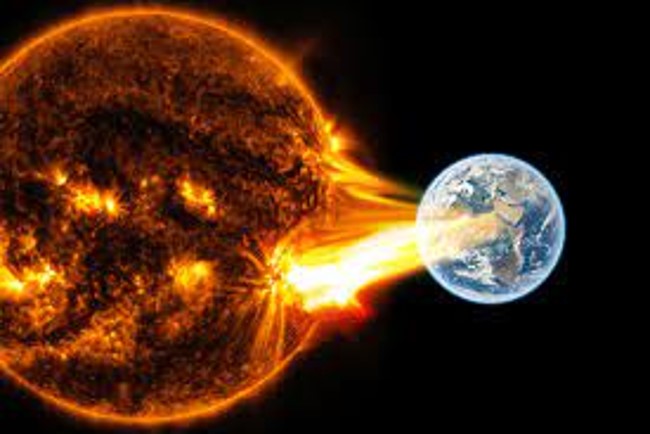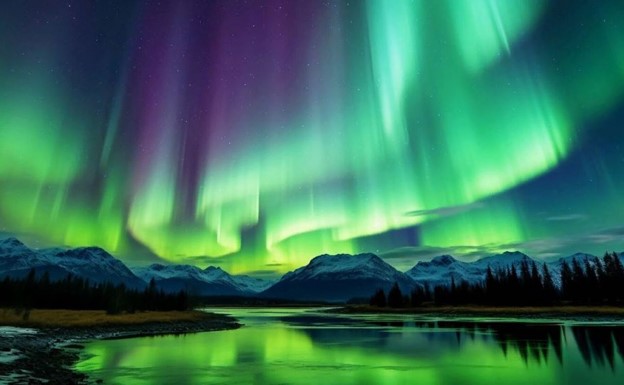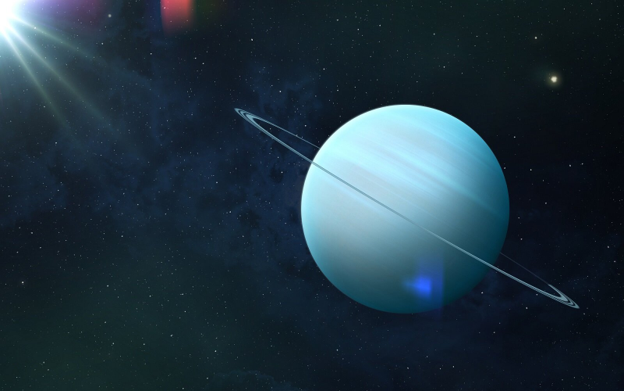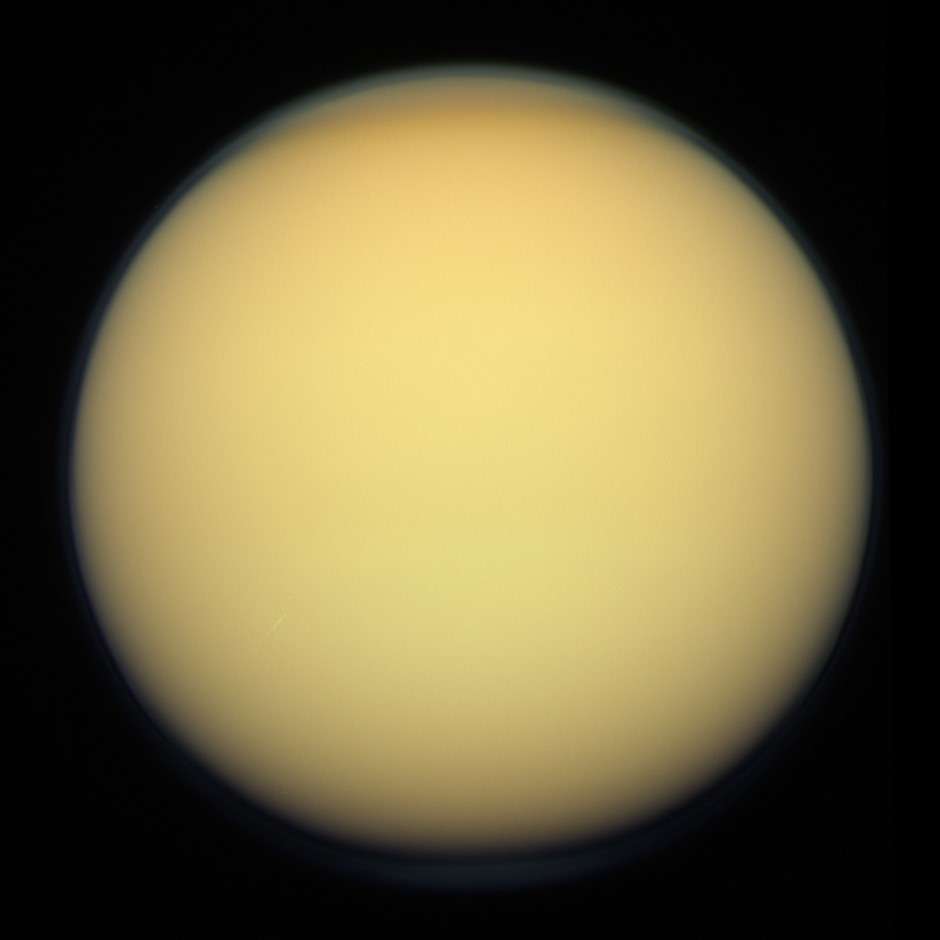Many of us may have watched a Netflix movie late last year called “Leave the world behind”, which caused a major discussion across many platforms as to whether this was a sign of the end of the world due to solar storms. If you haven’t watched the movie, to summarize, it was about a massive solar superstorm that caused all planes, cars, and ships to completely lose control. The movie also explains how there will be zero wifi and signal. In the end, people will fend for themselves and lose control of their surroundings and themselves.
This prompted a big discussion as to whether this was a warning as to what is to come. Many conspiracy theorists believe the movie “Birdbox” was a warning for the implications of COVID-19 and was released six months before the pandemic.
So what even is a solar superstorm? A solar storm is when the sun emits massive bursts of energy in the form of solar flares and coronal mass ejections. These phenomena send a stream of electrical charges and magnetic fields towards the Earth at a speed of about three million miles per hour. Solar storms start with a huge explosion on the sun. These explosions can be about as powerful as billions of nuclear bombs. Solar storms aren’t anything new to scientists, though. While there is no solid data, the earliest indicated solar storm to hit the earth was 12400–12399 BCE, which would be the largest known event, doubling the 774–775 CE event. The first direct measurement of a solar storm was in March 1582; in total, there have been nine significant indicated events and 34 direct measurements or observations since 1582. Solar storms generally follow a pattern of every 11 years, where the sun goes through a phase called the solar maximum, which has led scientists to believe that the next solar storm will be in 2024–2025.
What many people want to know is: Will the internet be wiped out!? The last time we saw something close to the internet being wiped out was the Carrington Event in 1859, which caused telegraph systems across Europe and North America to be disconnected, to which many set aflame or had sparks flying across the lines. To date, the internet has never been wiped out, and many scientists believe this is extremely unlikely to happen. The most that a major solar storm could do to affect Earth would be to cause issues and malfunctions with navigation systems, satellites, and communication systems. We’re lucky in the sense that many of us get wifi through fiber optic cables underground, which could not be affected by a solar storm.
There is a ten percent chance that in the next fifty years we will see a major solar storm that could affect Earth. To compare this to another expected natural disaster, the Alp fault lines in New Zealand have an 85% chance of causing a catastrophic earthquake in the next 50 years, as well as a 40% chance of a major tsunami hitting New Zealand in the next 50 years. We live constantly with the chance of being wiped out by an earthquake, tsunami, or volcano. We can’t stop the natural patterns of the Earth, so why should we be worried about a much more rare and less impactful event?
To summarize, there is not enough evidence or data to prove that if a major solar storm were to hit Earth, we would be at risk of a worldwide outage of the internet and signal. While there may be small implications for our satellites, there’s no tangible evidence to prove that the world is going to come to an end all of a sudden. If anything, solar storms create beautiful, widespread auroras, so there will be a lot to admire when one hits!
Sources and Recommended Reading:
- https://www.sciencefocus.com/science/could-a-solar-storm-take-down-the-internet
- https://www.space.com/sun-solar-storm-internet-apocalypse-debunking
- https://www.rappler.com/newsbreak/fact-check/no-basis-claim-solar-superstorm-wipe-out-internet-2024/
- https://economictimes.indiatimes.com/news/new-updates/speculations-of-solar-storms-causing-internet-apocalypse-spark-confusion-nasa-offers-clarification/articleshow/101728250.cms?from=mdr
- https://www.theaurorazone.com/about-the-aurora/the-science-of-the-northern-lights/what-is-the-solar-maximum
- https://en.wikipedia.org/wiki/Carrington_Event
- https://en.wikipedia.org/wiki/Solar_storm














